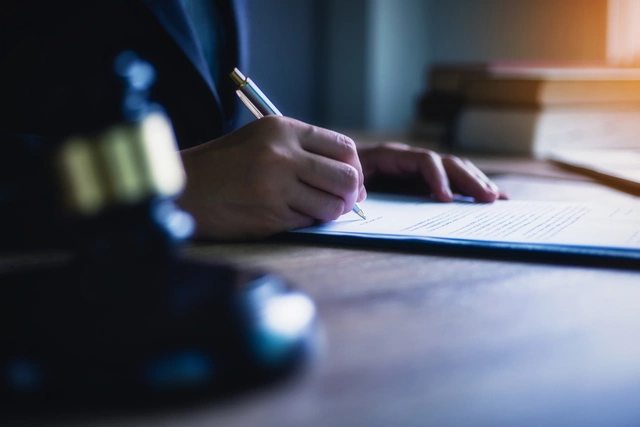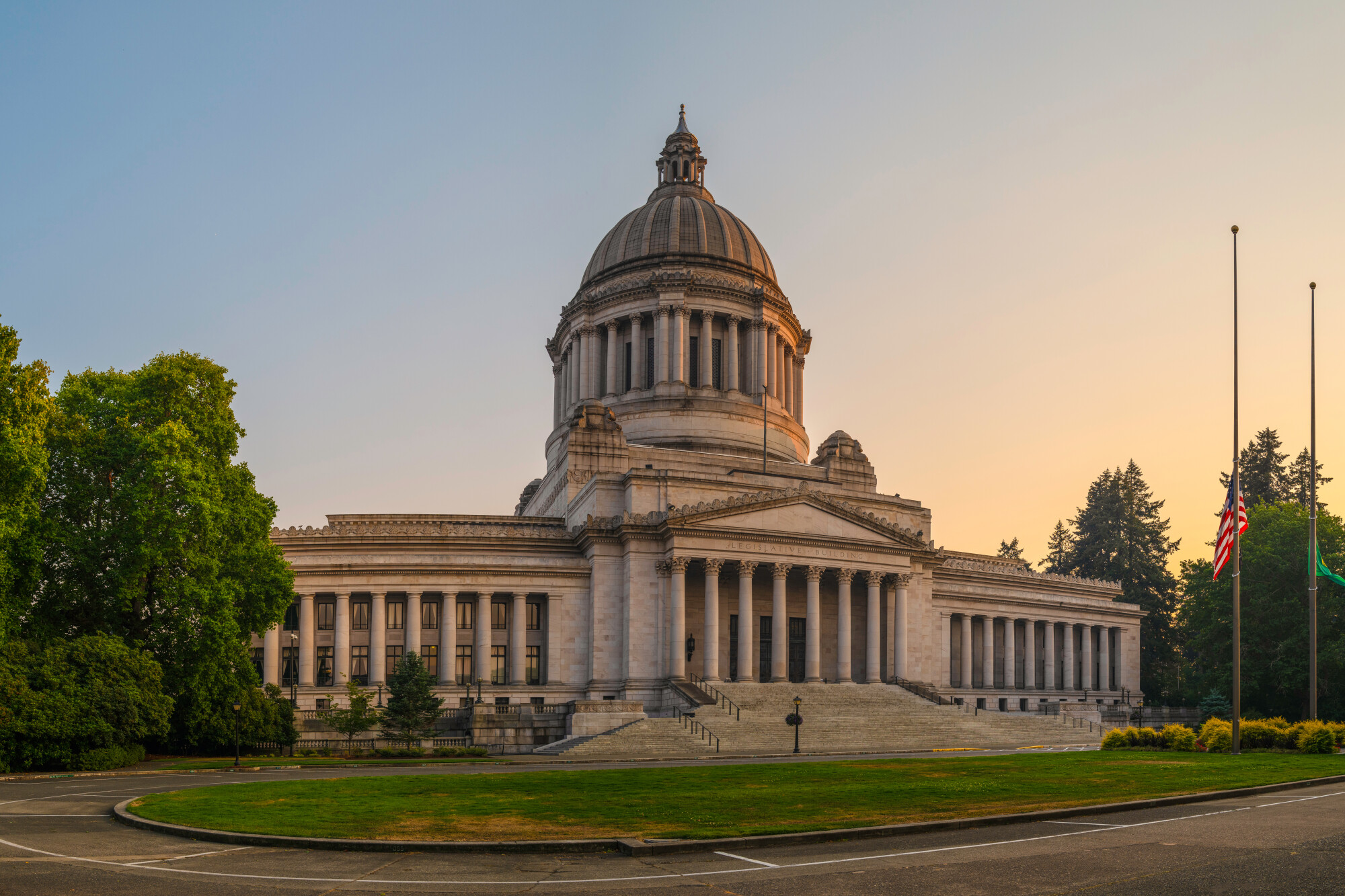
In a matter of first impression in Washington State, two Washington Superior Court judges have recognized that Legislators have a constitutional privilege against disclosure of any records relating to internal legislative deliberations concerning bills contemplated or introduced in either house of the Legislature. The privilege operates as an exemption to disclosure under the Public Records Act. Both judges recognized an absolute legislative privilege grounded in article II, section 17 of the Washington Constitution and the constitutional doctrine of separation of powers. Both cases are now on appeal to Division II of the Court of Appeals with anticipated consideration by the Washington Supreme Court.
Both cases arose from public records requests to Washington State Legislators from frequent requestors for the express purpose of then litigating the anticipated assertion of legislative privilege. The first case is West v. Washington State Legislature, Thurston County Superior Court Cause No. 23-2-00436-34. The second case is Nixon v. State of Washington, Thurston County Superior Court Cause No. 23-2-01210-34.
The rulings of the trial courts were based on Washington constitutional law as well as ancient and modern cases from around the country and across the pond. The courts of England, the federal courts of the United States, and a vast swath of courts in states throughout the United States have recognized a legislative privilege applicable to members of Parliament, members of Congress, and state legislators.
Making laws in Washington's Legislature requires collective decisions among many Senators and Representatives. Candid deliberations are necessary to translate the individual views of 147 members into the actions of two legislative bodies that fashion and refine public policy for Washington.

Washington courts have previously recognized the executive and judicial branches' rights to protect the freedom of their internal deliberations. The constitutional guarantee of separation of powers affords the Governor a privilege from disclosure of public records to protect "access to candid advice in order to explore policy choices and reach appropriate decisions.” Freedom Found. v. Gregoire, 178 Wn.2d 686, 310 P.3d 1252 (2013). Similarly, judges are protected from the compelled disclosure of notes reflecting their subjective thoughts and considerations, so that courts may properly deliberate their judicial decisions. Beuhler v. Small, 115 Wn. App. 914, 64 P.3d 78 (2003).
So too, the ancient privilege of legislative bodies to engage in candid internal deliberations protects a narrow, but essential, range of communications among legislators from public disclosure to enable the House and the Senate to engage in their core function of making laws.
The Legislature is represented in both cases by Joint Legislative Counsel Jeffrey Even and Jessica L. Goldman of Summit Law Group.
- Attorney
With a strong track record of winning cases on summary judgment, clients know Jessica as a creative and aggressive advocate and smart, thorough legal advisor. From the earliest stages of an engagement, she focuses on enabling her ...
About this Blog
Stay current on legal news and issues, and learn more about Summit Law Group's practice groups.
Topics
Archives
Authors
Recent Posts
- Inaugural Report Update: What to know about Washington's Artificial Intelligence Task Force
- Corporate Transparency Act (“CTA”) Update: Companies are NOT Required to File BOI Reports
- What Makes for Helpful and Persuasive Appellate Briefs?
- Washington Judges Recognize Legislative Privilege Against Disclosure of Records
- Transferring a Rental Property into an LLC: The Pros and Cons
- How to Avoid Personal Liability Under a Piercing the Corporate Veil Theory
- What to Know About Washington’s Artificial Intelligence Task Force
- GenAI Formal Opinion – What In-House Counsel Needs to Know
- Washington Streamlines Lease Execution Process
- Another Successful Labor Relations Institute!

